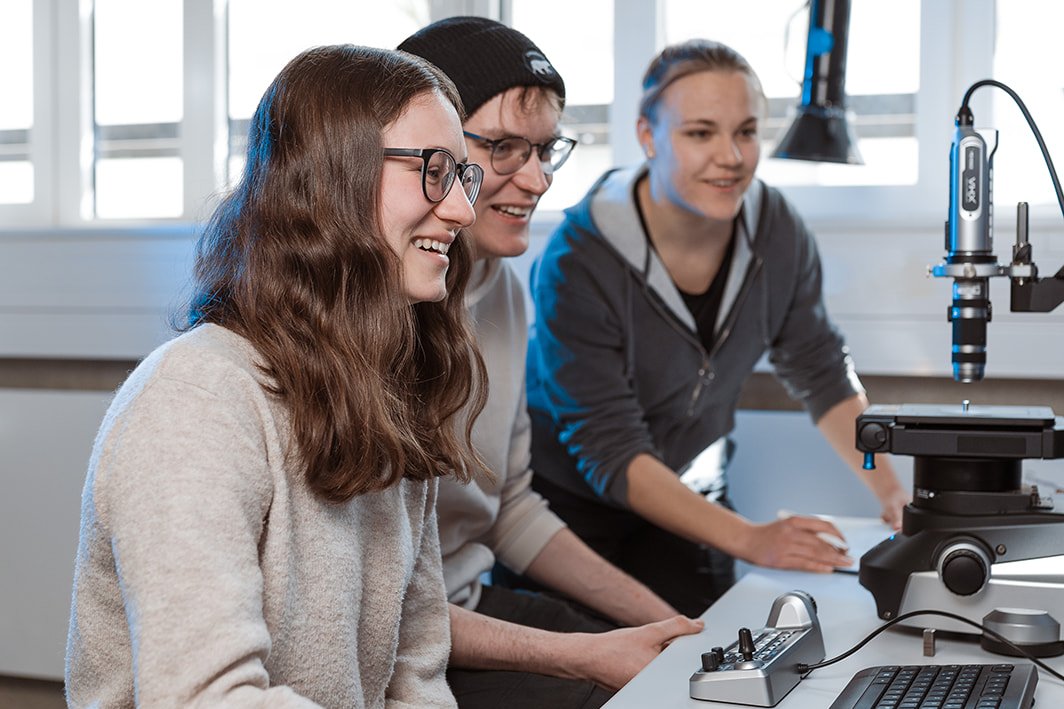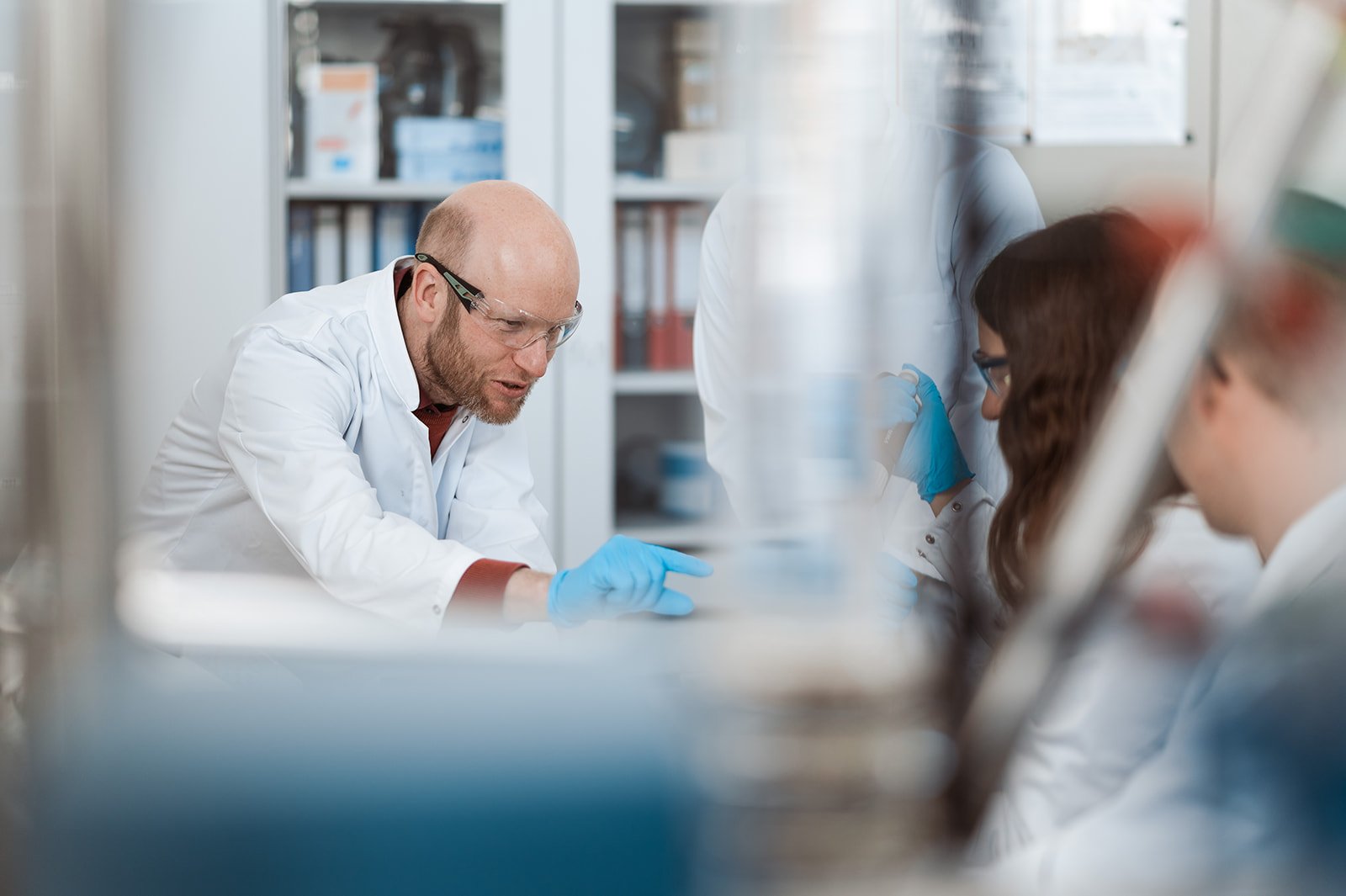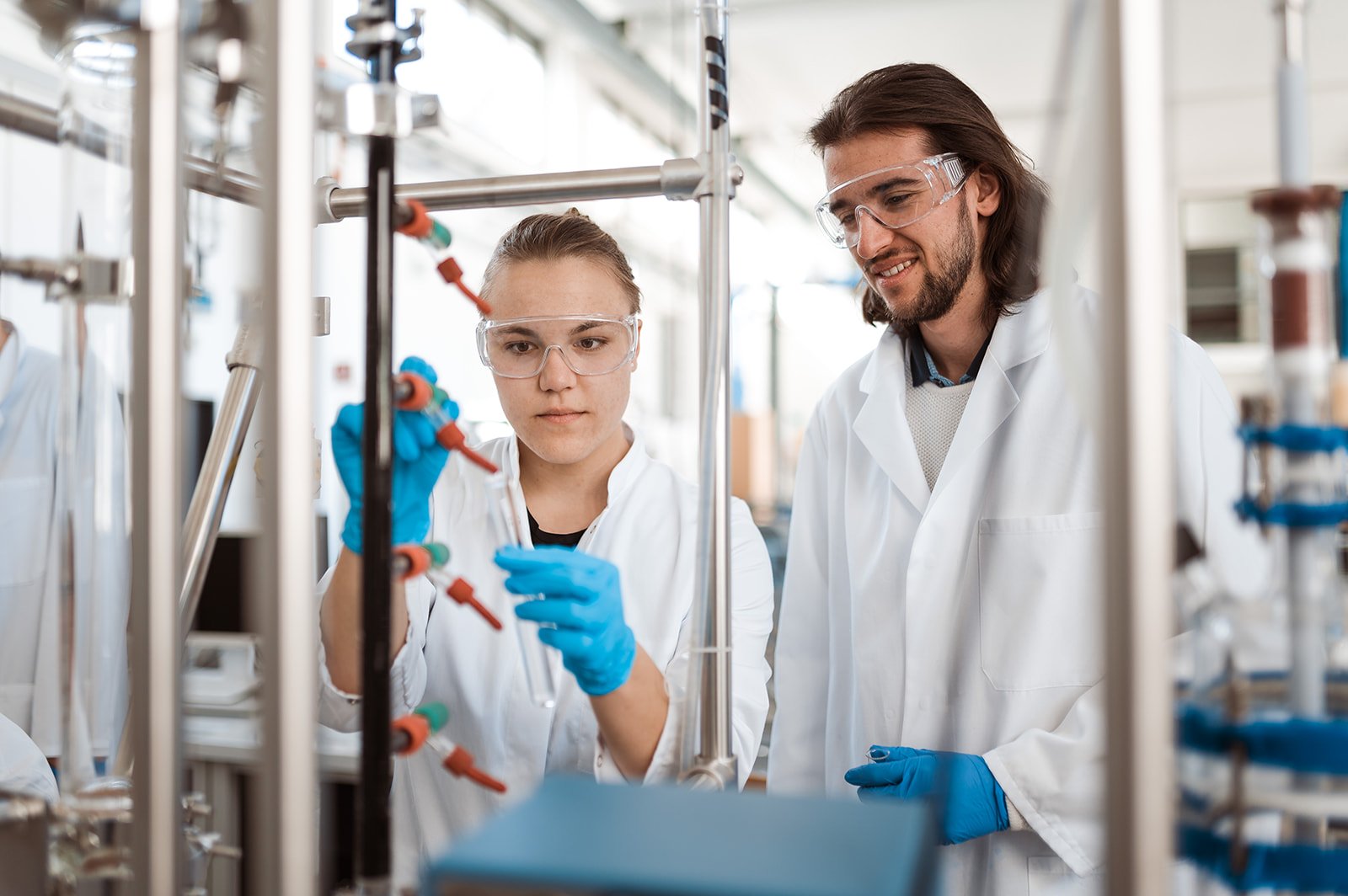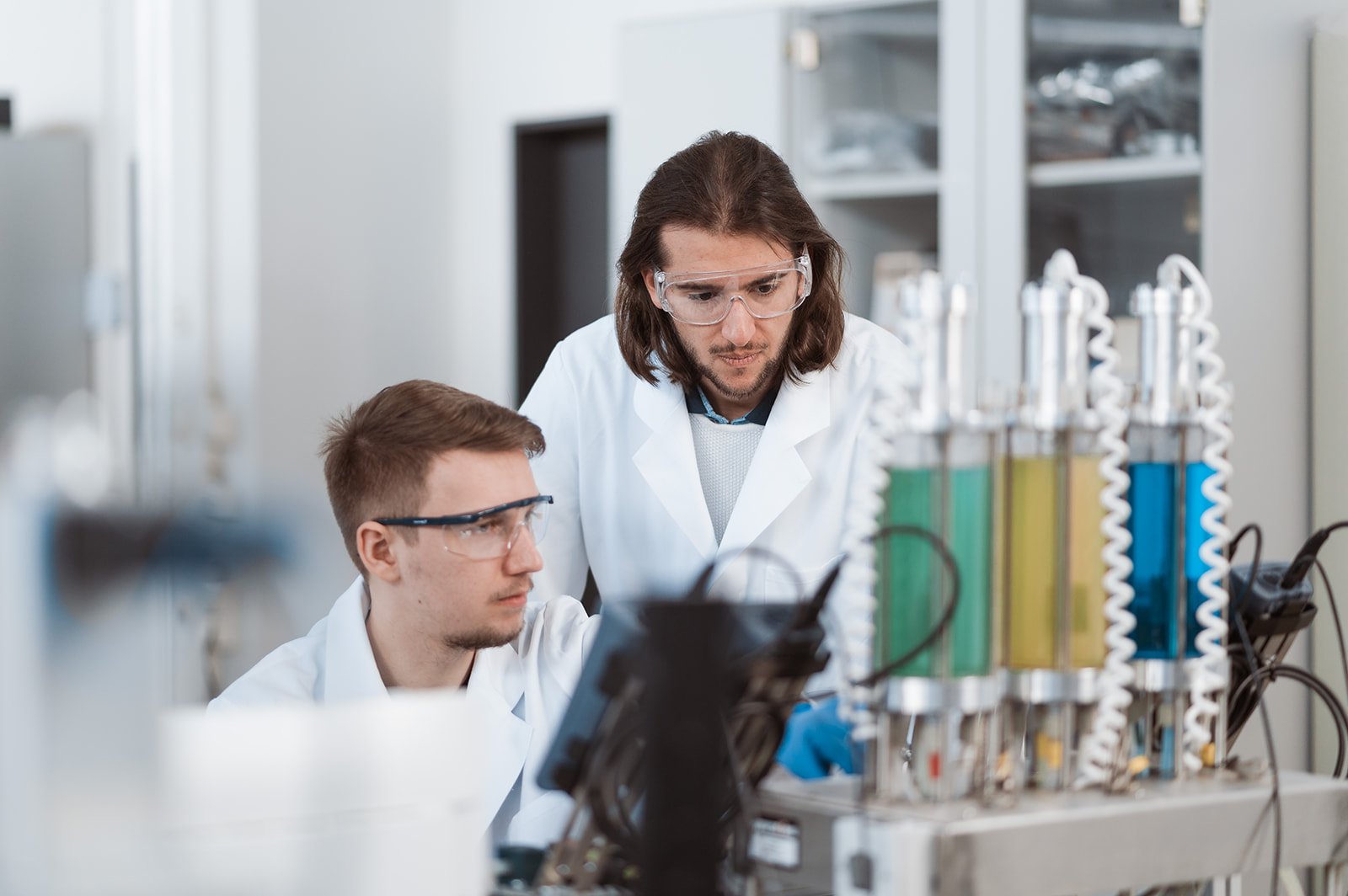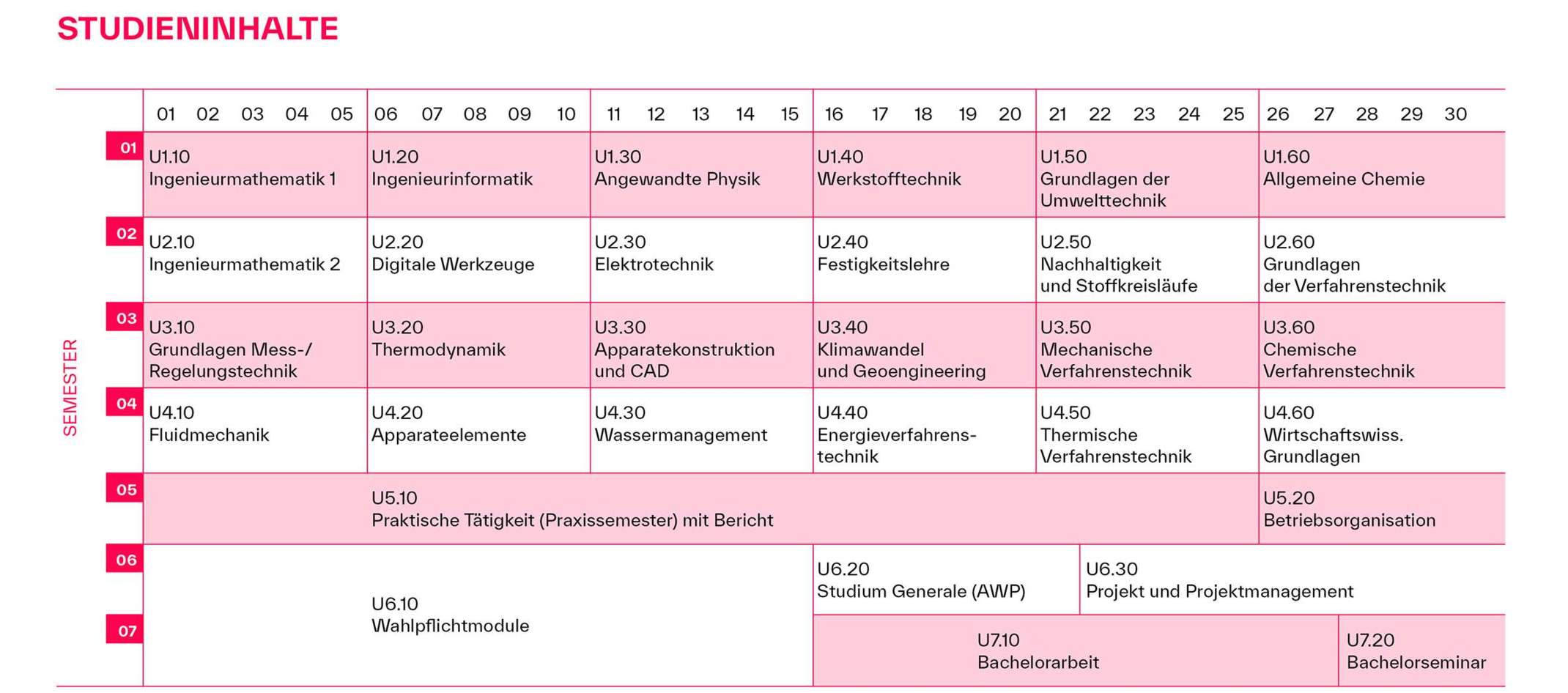
Page path:
Environmental and Process Engineering (BEng)
Study Modes
Full-time, Academic study with intensive in-company training
Degree
Bachelor of Engineering
Start of Studies
Winter Term
Normal Duration of Studies
7 semesters
Language
German
Admissions
Open Admission without basic internship
Academic counseling
Contact | |
Phone: | +49 821 5586-2062 |
Examination board
Contact | |
Phone: | +49 821 5586-3152 |
You are not logged in. There may be more information for you on this page. Please log in.

